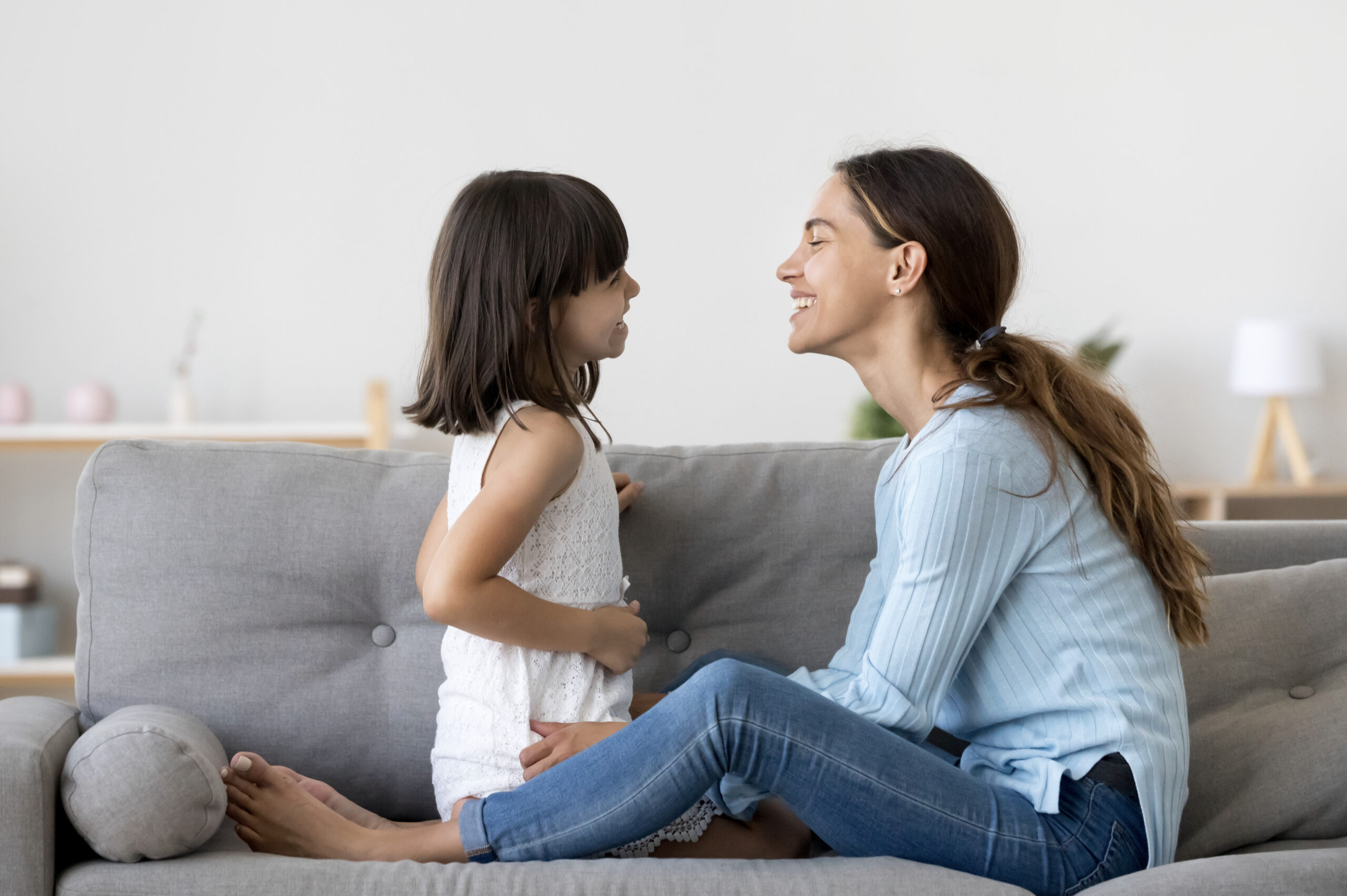
When we think of social communication we tend to think ‘words’, yet only a small portion of communication is what we say. Body and facial expressions as well as how you express your words give the emotional tone and context to your words. It is important that your child learns to ‘read’ these in order to understand the nuances of how others feel and effectively navigate their social world. Here are some tips for developing your child’s skills within your everyday interactions:
- Create an opportunity to sit face to face with your child so they can readily see your body language; this gives them practice reading your feelings which builds their ability to read their friends’ body language
- Look for your child’s non-verbal attempts to communicate with you, such as coming over and sitting close to you, a facial expression, or a vocal sound all of which convey your child’s emotion; this gives them practice in communicating more nuanced feelings which they can later use with friends
- Respond to your child’s attempt to communicate with you, even if to just let them know you need a minute to finish what you are doing; this gives the message that they are important and when a friend makes a social bid, it is important to respond
- At times, instead of responding with words, use a facial expression, head movement or body language; this gives your child practice at reading your emotion through your body signals
- When your child asks you something, pause and ponder before responding with words; this cues them to look up to see how their question is landing for you
- Show your child a wide range of your subtle emotions and talk about them; this allows your child to see how different emotions look and deepens their ability to accurately read others’ feeling
Your child continuously sees your facial expressions and body language. Help them make sense of how these nuances relate to how you feel inside. Your being aware of and responding to your child’s non-verbal cues in turn allows them to better understand their own feelings. These experiences lay the foundation for your child to read and understand others and more successfully navigate their friendships.
Kiegan Blake is an Occupational Therapist, Behavior Specialist, and Director of Maui Center for Child Development. For more information, please call 808-873-7700 or MauiChildDevelopment.com.



